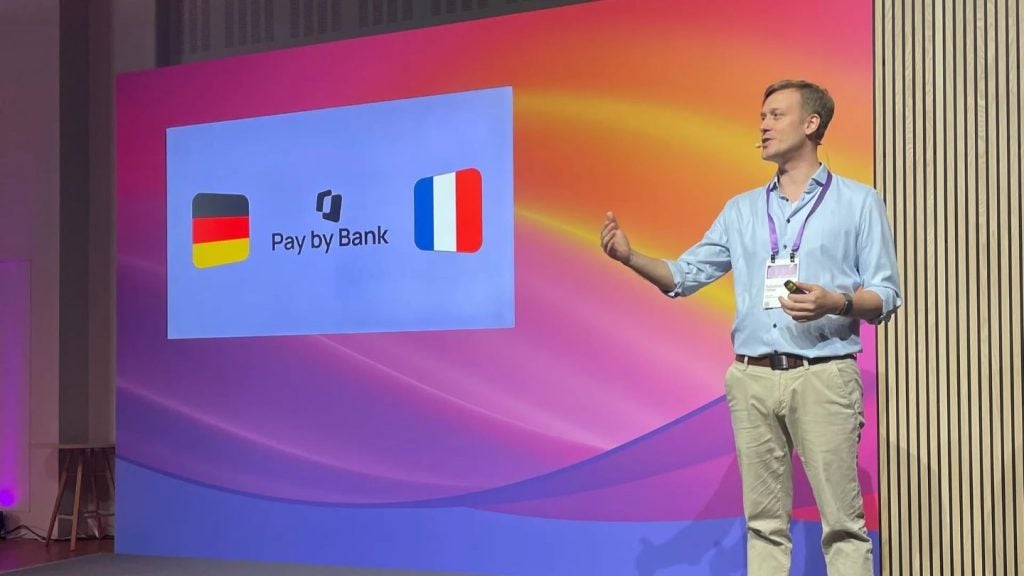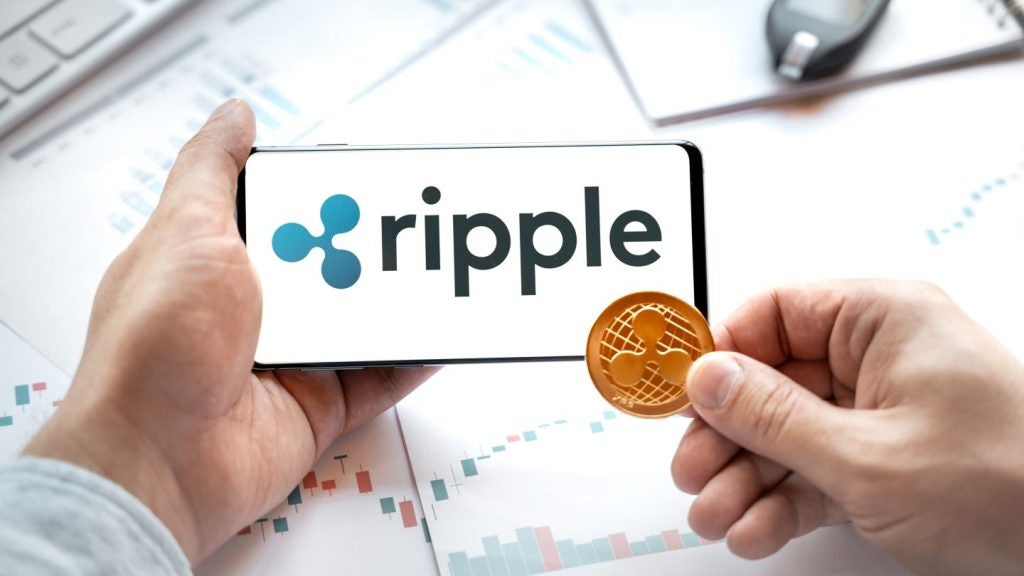The deadline for the Single Euro Payments Area Instant Credit Scheme (SCT Inst) is fast approaching, and the countries involved are at various levels of readiness.
The vision for SCT Inst is instantaneous payments across a region comprising all 28 EU nations, plus Iceland, Lichtenstein, Monaco, Norway, San Marino and Switzerland.
Of course, instant payments are already up and running in the UK, Poland, Sweden and Denmark; however when SCT Inst is fully operational it will have extended this facility to a region just short of 5m square kilometres.
PAYMENTS AFFECTED
The Euro Retail Payments Board defined SCT Inst as: “Electronic retail payment solutions available 24/7/365 and resulting in the immediate or close-to-immediate interbank clearing of the transaction and crediting of the payee’s account with confirmation to the payer (within seconds of payment initiation).
“This is irrespective of the underlying payment instrument used (credit transfer, direct debit or payment card) and of the underlying arrangements for clearing (whether bilateral interbank clearing or clearing via infrastructures) and settlement (for example, with guarantees or in real time) that make this possible.”

US Tariffs are shifting - will you react or anticipate?
Don’t let policy changes catch you off guard. Stay proactive with real-time data and expert analysis.
By GlobalDataThe scheme currently has a limit of €15,000 ($17,546) per transaction. Each SCT Inst, transaction is proposed to take just 10 seconds and the scheme will use the ISO 20022 global messaging standards for real-time payments.
The European Payments Council (EPC) recently reported on the various levels of progress being made. Payment Service Providers (PSPs) from five countries are expected to be ready for SCT Inst by the 21 November deadline in Austria, Finland, Italy, Latvia and Spain. In all, more than 600 PSPs are expected to propose SCT Inst services before the end of November.
Further behind, but catching up fast, are the countries aiming to join next year, notably Belgium, Germany, Portugal and Sweden, and some PCPs from the Netherlands.
In addition, seven large Clearing and Service Mechanisms (CSMs), including EBA Clearing, Equens Worldline, Iberpay and Stet, are set to support SCT Inst transactions from November, with the EPC declaring that other CSMs will announce compliance with SCT in the coming months.
CHALLENGES, CONCERNS
Jean-Yves Jacquelin, chair of the EPC Scheme Evolution and Maintenance Working Group recently voiced concerns about SCT Inst. Asked about the main challenges PSPs face in the implementation of the scheme, he highlighted four types:
The first, he said, were technical obstacles, noting: “PSPs who wish to offer SCT Inst services have had only one year to prepare since the scheme was unveiled by the EPC in November 2016 with the publication of its rulebook. This is a very challenging timeline, considering that PSPs need to adapt their IT systems and ensure real-time processing and 24/7/365 availability in order to adhere to SCT Inst. This is not an easy task and it requires time and investments.”
The second challenge Jacquelin identified was what he called the business case: “Even if our society is increasingly mobile and fast, the initial request for this pan-European instant credit transfer scheme came from the Euro Retail Payments Board and not directly from the customers themselves.
“PSPs need to decide to adhere to SCT Inst, based on their vision and business case. Specifically, the scheme currently sets a limit of €15,000 per transaction. Though this parameter is not set in stone and might evolve further after November 2018, it might initially limit the relevance of the scheme for corporate customers.”
On the subject of risk management Jacquelin said: “One of the concerns PSPs often share with us is that SCT Inst transactions would be highly attractive for fraud and money laundering. PSPs have to adapt their systems to prevent these risks, while still respecting the target of ensuring that each SCT Inst transaction takes just 10 seconds. This is quite challenging.”
The final challenge identified was uncertainty around CSMs with Jacquelin stating: “There will be no lack of infrastructure on offer for PSPs willing to propose SCT Inst services. However, PSPs are worried they might have to participate in more than one clearing solution to ensure full reachability. As yet, there is no guarantee of concrete interoperability between the different CSM solutions.”
PROGNOSIS
Asked when he expected SCT Inst to take off, Jacquelin cited the SEPA regulation requiring any new credit transfer or direct debit scheme to reach a majority of PSPs within a majority of member states after three years. “I think SCT Inst will easily reach that target; I suggest a more challenging goal,” he said.
“I imagine a kind of 5/50 rule: Five years after implementation, 50% of the SEPA credit transfer transactions should be processed under the SCT Inst scheme. In other words, by the end of 2022, 50% of all SEPA credit transfers would be instant. This would be a real success story.
“It’s not impossible; it will depend on how PSPs are positioning the instant payments ‘products’ and the channels at the disposal of customers for making instant payments, which must be mobile, easy and fast.
The next challenge I see is a real opportunity for co-operation between fintechs and PSPs to make SCT Inst a success story.”







